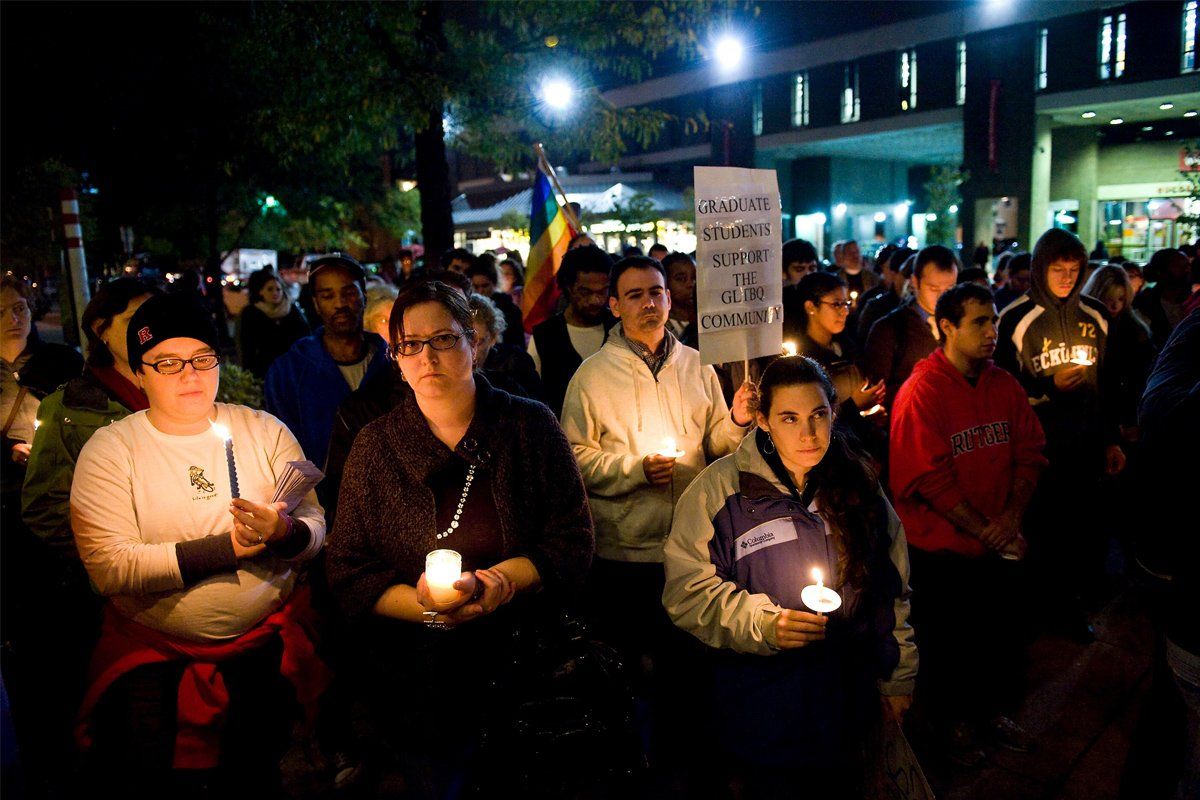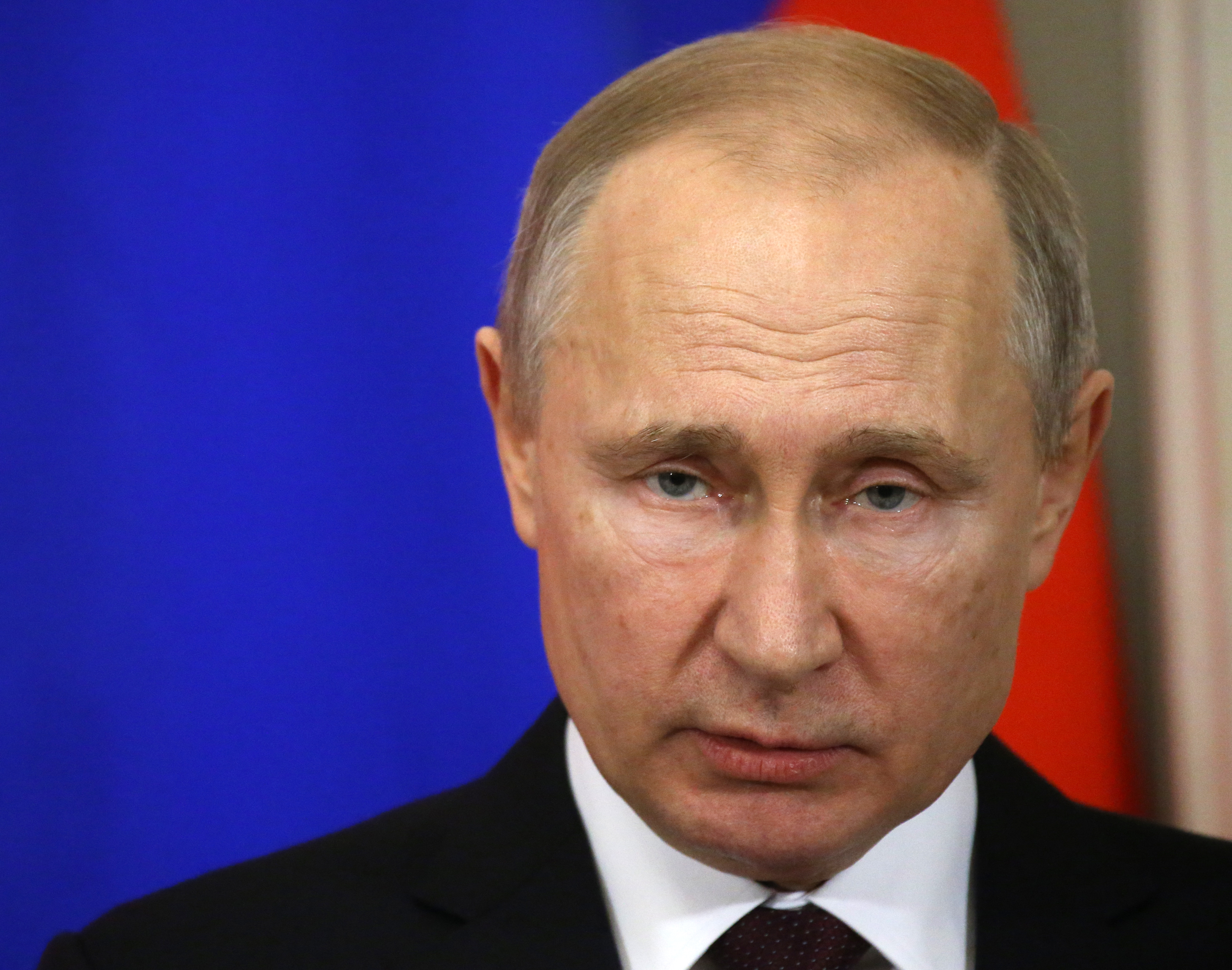
For Sharon Velasquez, it began with a Web site where anonymous vigilantes posted her photo, phone number, and address. Soon reporters were showing up at all hours, and her brother was being harassed on his way home from school. There were the kids (and parents) who would shout slurs when Sharon left her house in South Hadley, Mass.; the friends who stopped speaking to her; along with phone calls and death threats, and ultimately, a rock through her father's window a town away.
But most shocking were the letters: dozens of them, arriving in the mailbox with no return address; calling for 17-year-old Sharon to be "raped and killed," smeared with threats of retaliation, and racial slurs. "I hope you die a long-suffering death," one person wrote. Another called her "ugly, stupid, fat, lazy and a pig." "It got to the point where I'd go to the mailbox and my hands would start shaking," says the girl's mother, Angeles Chanon. (She spoke with NEWSWEEK on the condition that her lawyer was present.) "Eventually, I thought, 'I can't live like this,' and I stopped reading."
It's the kind of behavior that, in the wake of high-profile teen suicides around the country, would certainly be worthy of an investigation—or more. Except that Sharon Velasquez is no simple victim. She may have suffered at the hands of neighborhood tormenters and anonymous online mobs, but she is also accused of being a bully herself: charged in connection with the suicide of another young girl, 15-year-old Phoebe Prince, who hung herself last January after suffering months of alleged aggression by her high-school peers.
Prince's story ignited an immediate firestorm: by parents, terrified for their own children; by schools, where teachers wondered if they should be doing more; by law enforcement, and, of course, by the media, who broadcast the case around the globe. This tangled case has been followed by a wave of teen suicides—Asher Brown, Seth Walsh, Justin Aaberg, Tyler Clementi, the list seems never ending—all of whom are believed to have been tormented for being gay. Yet while the masses—from gay-rights advocates to Snooki—have been quick to condemn kids capable of such torment, nobody has seemed to want to acknowledge what has become all too obvious to those of us watching it all happen. What kind of lesson are we teaching kids when, in the name of punishing bullies, we turn into bullies ourselves? "We have this idea in this country that everything is good and evil, legal and illegal, right and wrong," says Ofer Zur, a psychologist who studies teen violence. "But the fact that there is a victim does not mean there's only one victim." In other words, by treating the aggressor as something less than human, our response to these highly publicized cases may be creating another set of victims.
In the Clementi case, for instance, the young student's tormenters, Dharun Ravi and Molly Wei, face two counts each of invasion of privacy, charged with live-streaming the 18-year-old's dorm-room tryst with a man. It was the most brutal example of a private moment gone public, and one that's prompted everything from a viral campaign to speak out against bullies, to calls for the students' to be charged with hate crimes, because Clementi was gay. Yet while we condemn their breed of cyberbullying to the fullest, and applaud the national call to end antigay harassment—which affects 9 in 10 teens—shouldn't we also speak out against the Facebook pages calling for the duo's execution? And what about the more potent kind of harassment being inflicted upon teenagers like Velasquez? It may not compare to the torment they are believed to have inflicted—although in Velasquez's case, that's arguable—but it's hardly the type of restraint we wish they'd exercised themselves. "In many of these cases, the only difference between the behavior of the so-called bullies and the behavior of the public wanting to punish those bullies is that the public is perceived to be right," says Sam Goldberg, a former New York state prosecutor. "What happened to innocent until proven guilty?"
One reason these cases can spin off into a kind of mob vigilantism, say experts, is avoidance: we hate the bully because it's easier than hating the action of the bullying. "It allows us," says Sameer Hinduja, the codirector of the Cyberbullying Research Center, "to convince ourselves that bullies are categorically different from us." But are they? The teens charged with bullying Prince are accused of taunting her with many of the same names now being hurled back at them by the public ("slut," "whore")—yet they face criminal charges that could lock them away for 10 years, while their tormenters roam free. And while it's easy to empathize with a parent who wants to stop his child's bully, how far is too far? In Wisconsin, a man was recently sentenced to eight months in prison for head-butting his 13-year-old son's bullies, and punching out a gym teacher. In Florida, the dad who climbed onto his daughter's school bus, threatening to kill the boys who'd bullied her, has been hailed as a "hero" and "good father." How far is too far in the name of protecting children?
It's easy, of course, to point the finger at the teens themselves: indeed, research has shown that youth today are more narcissistic and less empathetic, reared on technology that makes it easy for them to tune out others' problems. One study, of 14,000 college students, even managed to determine that this generation is some 40 percent less empathetic than the coeds of three decades ago. Yet as any parent knows, nothing about kids (or teens) is as simple as black and white. One in five students may be bullied each year, but many students also play the role of both victim and aggressor. And whether or not you want to call it "bullying," it's safe to assume that most kids have engaged in something of the sort.
But looking only to the kids for blame is to minimize the larger issue—which is where they learn this behavior in the first place. It doesn't take much more than a quick flip through the cable channels, from Real Housewives pulling each others' hair to an entire genre of reality television, to see: we are a culture that's increasingly focused on others' humiliation. How can we expect kids not to mimic our behavior when everything from politics to entertainment is telling them the opposite? "By exceptionalizing [these cases] and talking about the kids," says Rachel Simmons, the author of Odd Girl Out, "we're missing the elephant in the room, which is us."
Find the author on Twitter.
Uncommon Knowledge
Newsweek is committed to challenging conventional wisdom and finding connections in the search for common ground.
Newsweek is committed to challenging conventional wisdom and finding connections in the search for common ground.
About the writer
To read how Newsweek uses AI as a newsroom tool, Click here.





